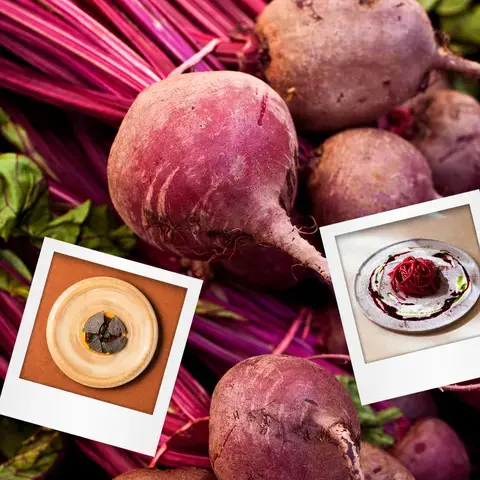With much discussion about the no and low alcohol revolution in restaurants’ beverage and pairing offerings, it could be that the time is ripe for an oft-overlooked product that deserves a reappraisal: apple cider.
I sometimes wonder how the world of wine, craft beer, mixology, and no alcohol pairings and bar menus get constantly reinvented and upgraded according to new tastes and trends and yet apple cider stays in the same, barely noticeable segment, only wheeled out to summer evening beer gardens, and often left off the high-end restaurant menu altogether.
Apart from pockets of ancient cider tradition in the UK, Spain, Germany, and France, much of the Western world has abandoned the art of turning apples into the amber-hued nectar of cider.
It seems a strange anomaly in the current food and beverage trend that emphasizes seasonality, local sourcing, reduction of waste, and the usage of heirloom varietals in every ingredient.
Natural wine is a global phenomenon, and yet most natural wines are shipped thousands of miles, to areas where grapes aren’t grown, where a culture of wine drinking is barely a hundred years old, while locally, apples are left to rot on the ground in ancient heirloom orchards. The potential for micro-brewing of locality-specific ciders could enhance a restaurant’s sustainability credentials but equally tie an area’s culture and agricultural history and identity into its gastronomic experience, elevating the offering. It’s important that the restaurant serves as more than an eating and drinking house, and that the chefs and sommeliers are uniquely placed to act as a fulcrum for historical and cultural expressions of the human relationship with the land.
Cider can be produced on a small scale, a sort of hyper-locality, meaning that small producers have a lot of room for variety of expression and refinement. Of course, the increasing number of micro cider breweries that are springing up in countries like the UK, emphasize natural, traditional techniques, with no additives, no added sugar, and even no added water, just pure juice.














